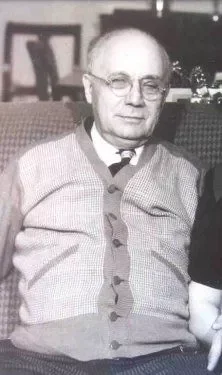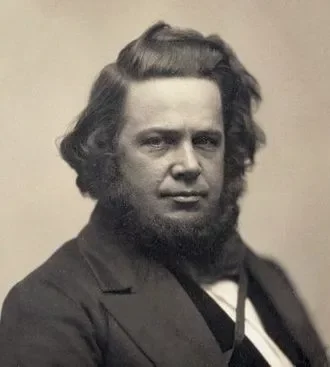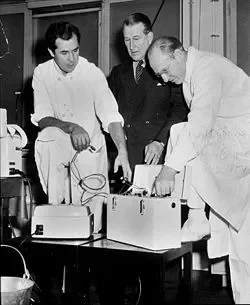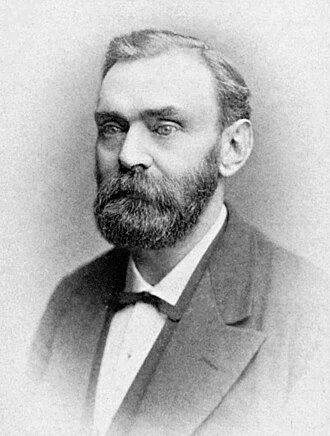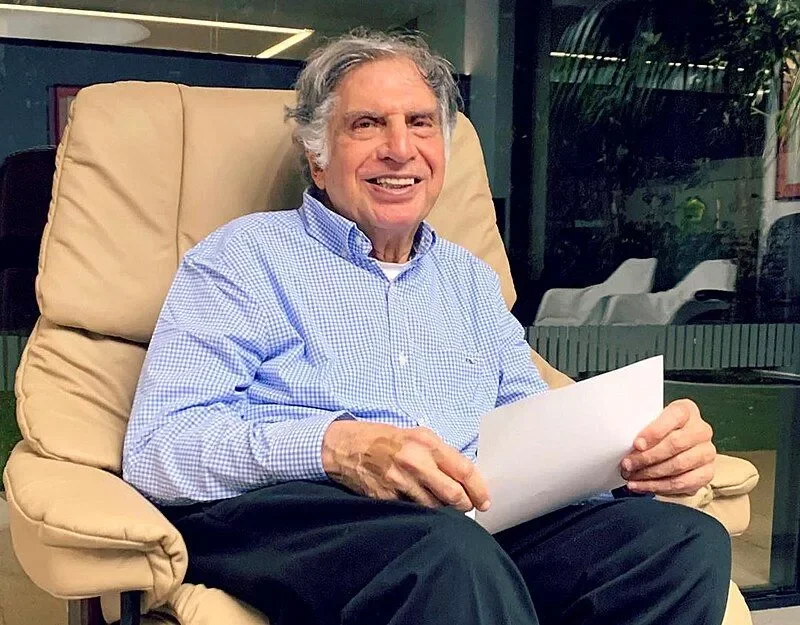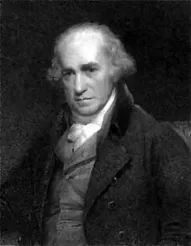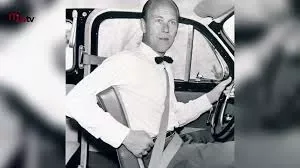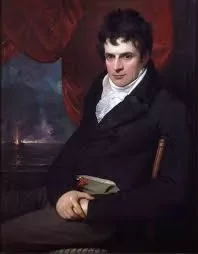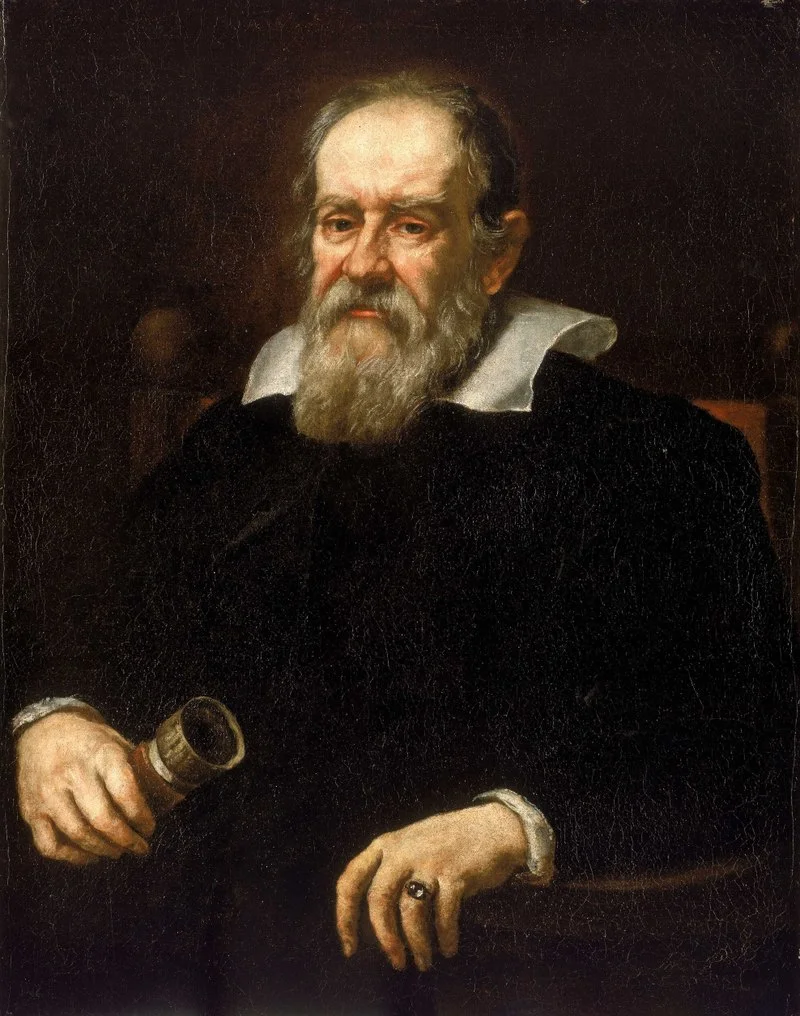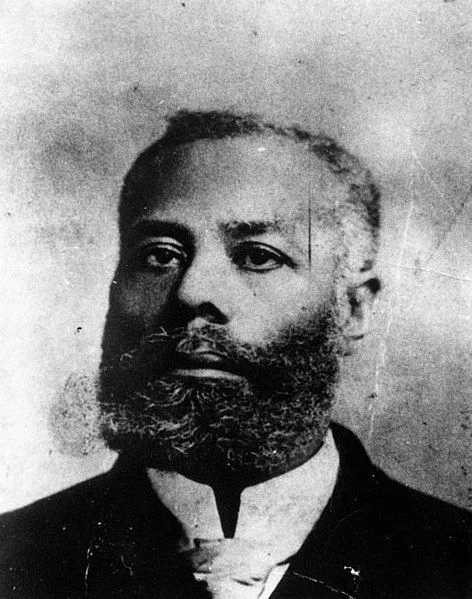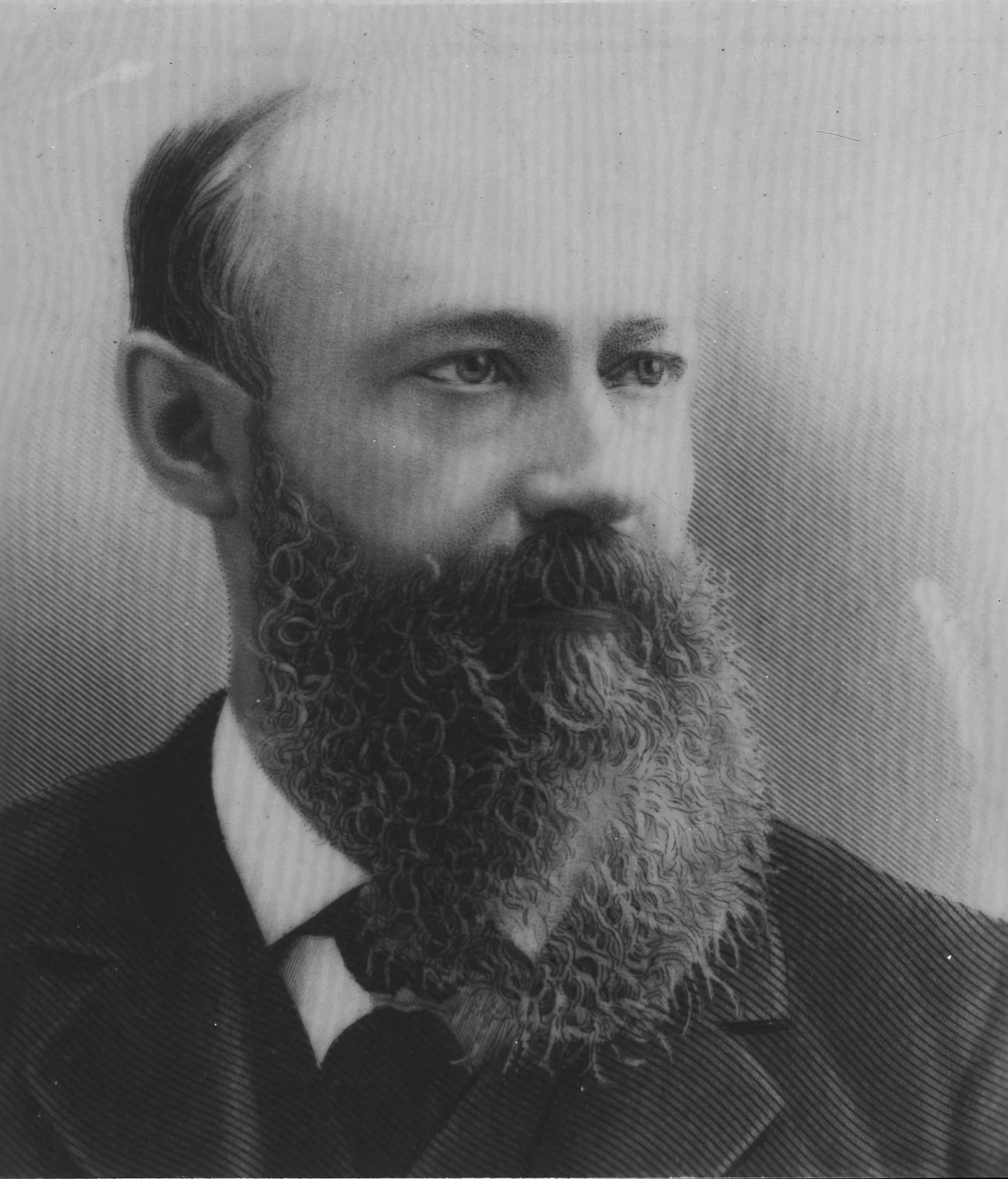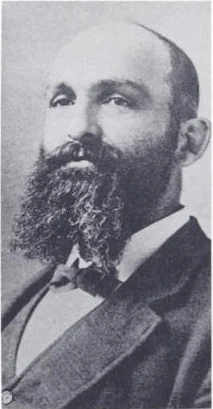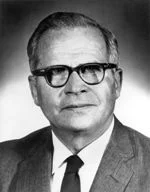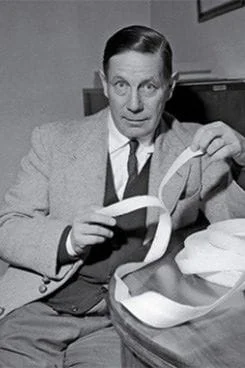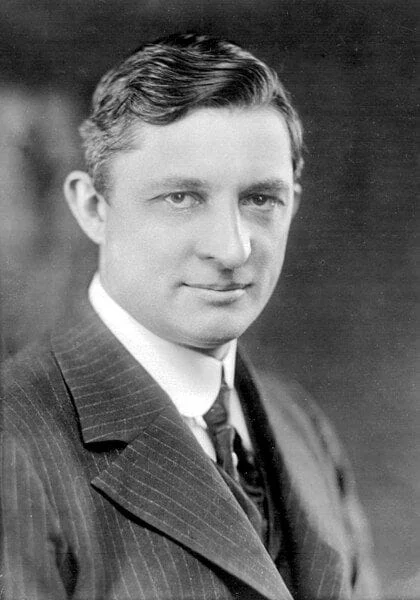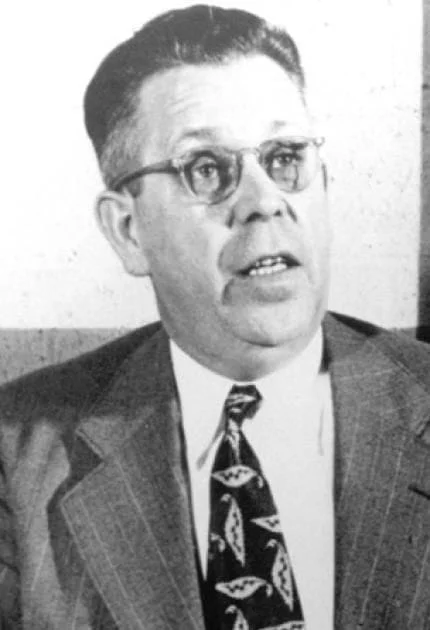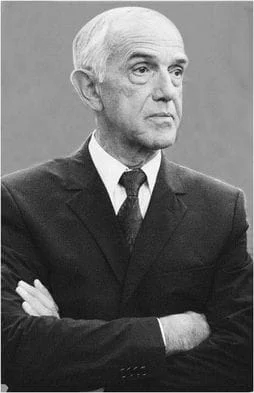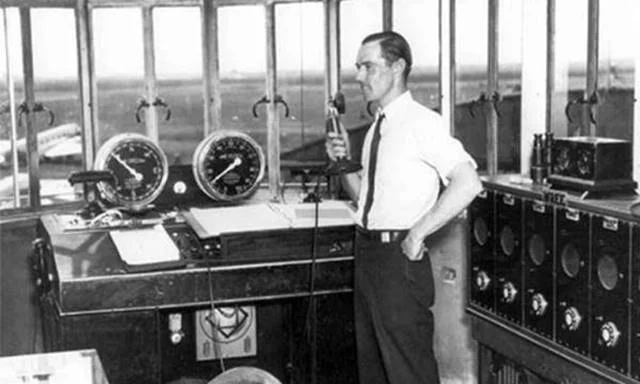Real Celebrities Never Die!
OR
Search For Past Celebrities Whose Birthday You Share
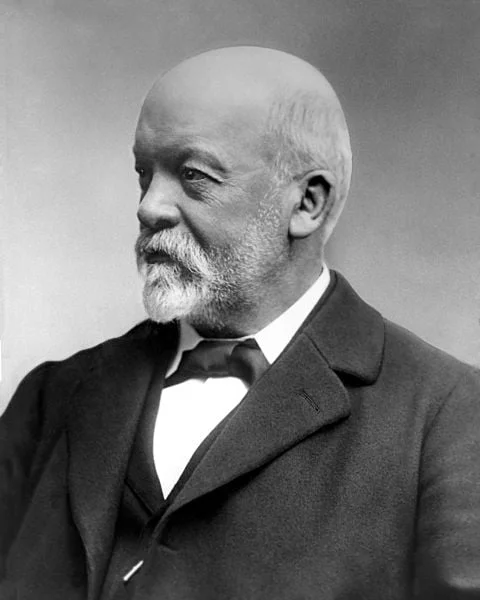
source:wikipedia.org
Gottlieb Daimler
Birthday:
17 Mar, 1834
Date of Death:
06 Mar, 1900
Cause of death:
Unknown
Nationality:
German
Famous As:
Automotive pioneer
Age at the time of death:
65
Gottlieb Daimler's Quote's
Early Life and Education
Gottlieb Daimler, a luminary in the automotive industry, was born on March 17, 1834, in Schorndorf, a quaint town in the Kingdom of Württemberg, German Confederation. His early life laid the foundation for a remarkable journey that would forever change the landscape of transportation.
Interest in Mechanics and Engineering
From a young age, Daimler exhibited a keen interest in mechanics and engineering. His passion led him to pursue studies at the Stuttgart Polytechnic Institute, where he honed his skills and nurtured his fervor for innovation. After completing his education, he embarked on a professional journey that would leave an indelible mark on the automotive world.
Founding of Daimler-Motoren-Gesellschaft (DMG)
In 1872, Gottlieb Daimler, along with his close collaborator Wilhelm Maybach, founded the Daimler-Motoren-Gesellschaft (DMG), marking the beginning of a transformative era in transportation. Daimler’s innovative spirit manifested itself in the creation of the first high-speed internal combustion engine, a pivotal invention that laid the groundwork for the modern automobile.
The Grandfather Clock Engine
One of Daimler’s notable achievements was the development of the Grandfather Clock engine in 1883. This engine, characterized by its vertical cylinder arrangement, provided a compact and efficient power source for various applications, including automobiles, boats, and even airships. Daimler’s visionary contributions revolutionized the concept of personal transportation.
Invention of the Motorwagen
In 1886, Daimler and Maybach unveiled their groundbreaking invention – the Motorwagen, widely considered the world’s first true automobile. This three-wheeled vehicle, powered by Daimler’s innovative engine, marked the dawn of a new era in mobility. The Motorwagen’s successful test drive on January 29, 1886, forever etched Daimler’s name in automotive history.
Contributions to Aviation
Daimler’s commitment to technological advancement extended beyond automobiles. In the late 19th century, he focused on creating lightweight, high-speed engines suitable for aviation. His engines powered the first dirigible flights, a testament to his versatile contributions to transportation.
Perseverance in the Face of Challenges
Despite facing financial challenges and professional setbacks, Daimler’s perseverance and dedication to his craft remained unwavering. His visionary approach to engineering set the stage for the evolution of the automotive industry.
Death and Legacy
On March 6, 1900, Gottlieb Daimler passed away at the age of 65. His legacy, however, endured and continued to shape the automotive landscape for generations to come. The DMG, under the leadership of Wilhelm Maybach, continued to innovate, producing a series of groundbreaking vehicles that solidified Daimler’s position as a pioneer in the field.
Personal Life and Collaborations
Beyond his professional accomplishments, Daimler’s personal life was characterized by a profound love for his work and a commitment to pushing the boundaries of what was deemed possible. His collaborations with Wilhelm Maybach were built on a deep mutual respect, and together they forged a partnership that would leave an indelible mark on the world.
Gottlieb Daimler’s life was a tapestry woven with threads of innovation, determination, and a passion for engineering. His journey from a small town in Württemberg to the forefront of the automotive revolution is a testament to the power of vision and perseverance. Today, as we witness the continued evolution of the automobile, we owe a debt of gratitude to the visionary spirit of Gottlieb Daimler, whose pioneering work paved the way for the transportation marvels of the 21st century.
Name:
Gottlieb Daimler
Popular Name:
Gottlieb Daimler
Gender:
Male
Cause of Death:
Unknown
Spouse:
Place of Birth:
Schorndorf, Kingdom of Württemberg
Place of Death:
Cannstatt, Kingdom of Württemberg, German Empire
Occupation / Profession:
Personality Type
Architect: Imaginative and strategic thinkers, with a plan for everything. He was very innovative and has powerful thinking abilities.
Before venturing into the automotive industry, Gottlieb Daimler initially aspired to become a gunsmith.
Daimler's influence extended to the development of motorcycles. In 1885, his son, Paul Daimler, created what is considered one of the earliest motorcycles by attaching an internal combustion engine to a wooden bicycle.
Daimler's partnership with Wilhelm Maybach was instrumental in many of his innovative achievements. Maybach, a talented engineer, worked closely with Daimler on various groundbreaking projects, including the creation of the first high-speed internal combustion engine.
The name "Mercedes" used for Daimler's vehicles has an interesting origin. It was the name of Mercedes Jellinek, the daughter of Emil Jellinek, a prominent Daimler dealer. The brand later became synonymous with luxury and innovation.
Achievements:
Automotive Hall of Fame (1978) posthumously
Awards:
Grandfather Clock Engine (1883)
High-Speed Internal Combustion Engine (1876)
Motorwagen (1886)
Numerous streets and squares in Germany have been named after Gottlieb Daimler

